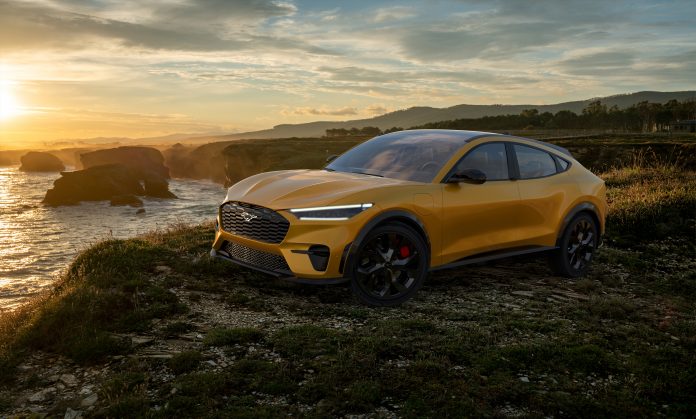On December 6, Ford announced that the federal tax credits for its electric Mustang Mach-E vehicles may no longer be available starting in January 2024. This is due to the U.S. Treasury having outlined new battery guidelines that will go into effect on January 1.
The aim is to gradually move the American EV supply chain away from “foreign entity concerns,’ such as China. As a result, many manufacturers, including Ford, anticipate losing a portion of their electric vehicles (EVs). Moreover, Tesla has already stated that from January 1, the Model 3 RWD and Long Range will lose $3,750. However, they will still qualify for the other $3,750.
Furthermore, Ford is evaluating whether the F-150 Lightning EV pickup will be eligible for tax credits after January 1. In the first 11 months of this year, Ford sold 35,908 Mach-E EVs in the U.S., a 3.5% increase compared to the same period last year. However, the Detroit automaker noted it was reducing certain Mach-E production in October and announced a $12 billion delay in EV investments. Additionally, Ford closed its second battery factory in Kentucky.
Several reasons have led to Ford temporarily eliminating one of the three shifts at its F-150 Lightning assembly plant in Michigan, including problems with the supply chain. Moreover, the automaker has informed dealers about the tax credit and stated that the expiration is “A great incentive to buy before the end of the year. Therefore, reaching out to consumers in your pipeline now can help you clinch the deal and ensure they can get the credit.”



